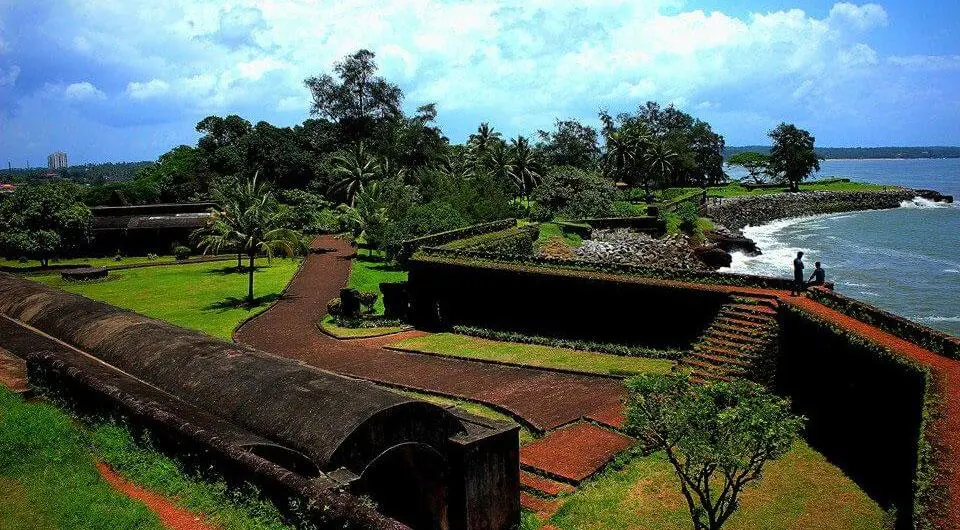Kannur, often referred to as the Land of Looms and Lores, boasts a rich history that blends cultural heritage with political significance. Known for its vibrant traditions, Kannur was an important trading center in ancient times, with strong ties to the Arab, Chinese, and European traders who visited its shores.
Historically, Kannur was part of the Kolathunadu kingdom, ruled by the Kolathiri dynasty. It gained prominence as a hub for weaving and trade. The arrival of the Portuguese in the 15th century marked a new era, with the construction of the St. Angelo Fort in 1505. The fort later passed through the hands of the Dutch, the Arakkal dynasty—the only Muslim royal family in Kerala—and eventually the British.
The Indian Union Muslim League (IUML) has had a notable presence in Kannur, contributing to the district's political, social, and cultural development. Despite Kannur being a stronghold of leftist politics, the IUML has maintained a consistent influence, particularly among the Muslim community in the region.
Kannur’s historical significance as a trading hub and its diverse population created a fertile ground for IUML’s initiatives. The party has focused on empowering marginalized communities through education and social welfare, establishing schools, colleges, and cultural organizations. IUML's commitment to communal harmony and minority representation has resonated with the region’s diverse populace.
In Kannur, IUML has actively participated in local governance, contributing to debates and decisions that shape the district’s development. While balancing its political ambitions, the party has also played a crucial role in maintaining peace and addressing communal tensions, upholding its secular and inclusive ideals.
The IUML’s work in Kannur stands as a testament to its broader mission of advancing education, social justice, and minority empowerment in Kerala.
